Just Enough! might sound like a warning, but in the context of this picture book, its purpose is to raise children’s self-awareness about the use of resources.
This meaningful story first emphasises the importance of basic needs, such as food, water, shelter, and air for living things to have a healthy life. It then helps children understand the consequences when animals use natural resources in a selfish way, such as hoarding food.
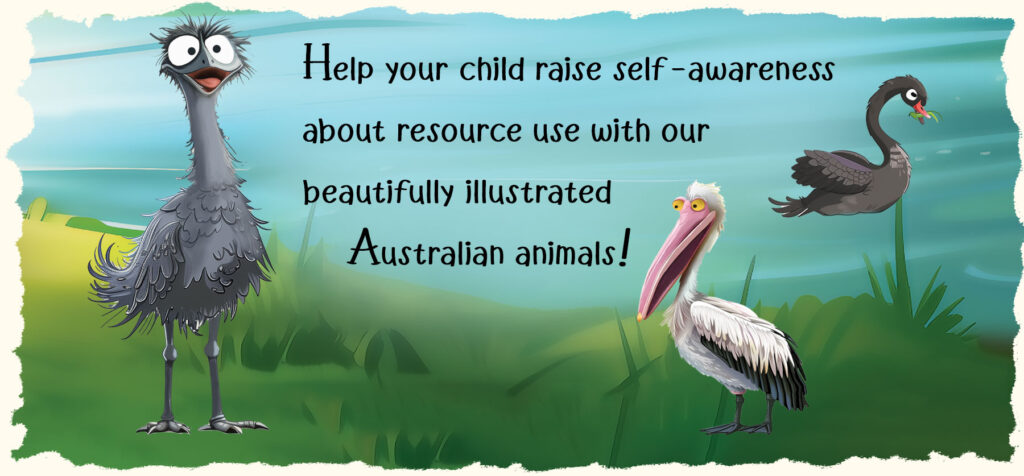
Through colourful illustrations of the Southwestern Australian bush and its adorable inhabitants, the book sparks children’s sympathy for animals who suffer from the thoughtless actions of their peers. This encourages children to reflect on the lesson in their own lives, particularly when it comes to sharing toys or learning resources. As a result, they become responsible and respectful members of their classroom and family, making their environment a safe and active place.
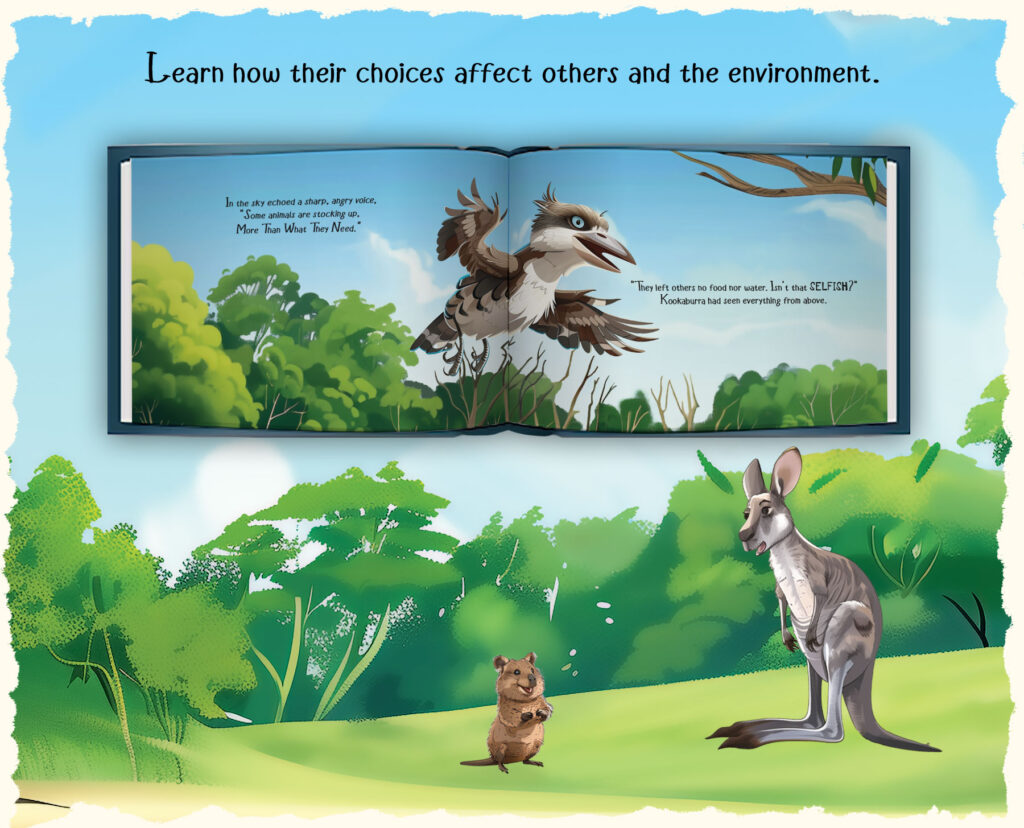
The book also motivates children to constantly practise the spirit of Just Enough! anywhere and anytime they can. When they desire more of any resource, whether for personal or educational purposes, they should pause and ask themselves, “Do I need it or want it?” and “Do I really need it now?” before making a final decision. Taking only what we need is a responsible, financially-wise, and sustainable action.
In fact, taking just enough, or only what is needed, is one of the valuable traditions of Indigenous Australians. This practice demonstrates their respect for the land. For tens of thousands of years, this tradition has helped maintain the land and ensure resources remain available for future generations.
This book is suitable for F-3 students and can be used as a learning resource aligned with the Australian Curriculum: Health, Science, and Literacy & Literature (English). Scan the QR code for more details.
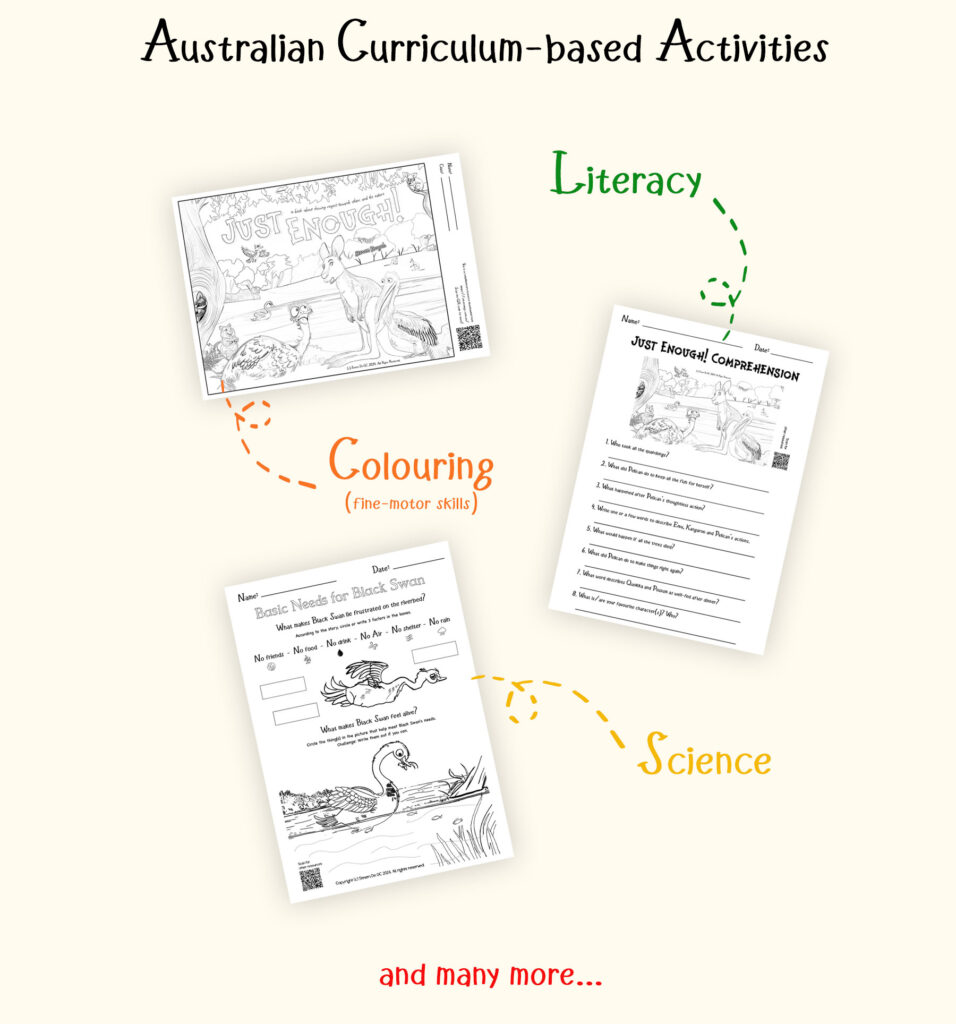

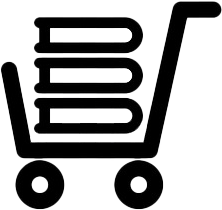

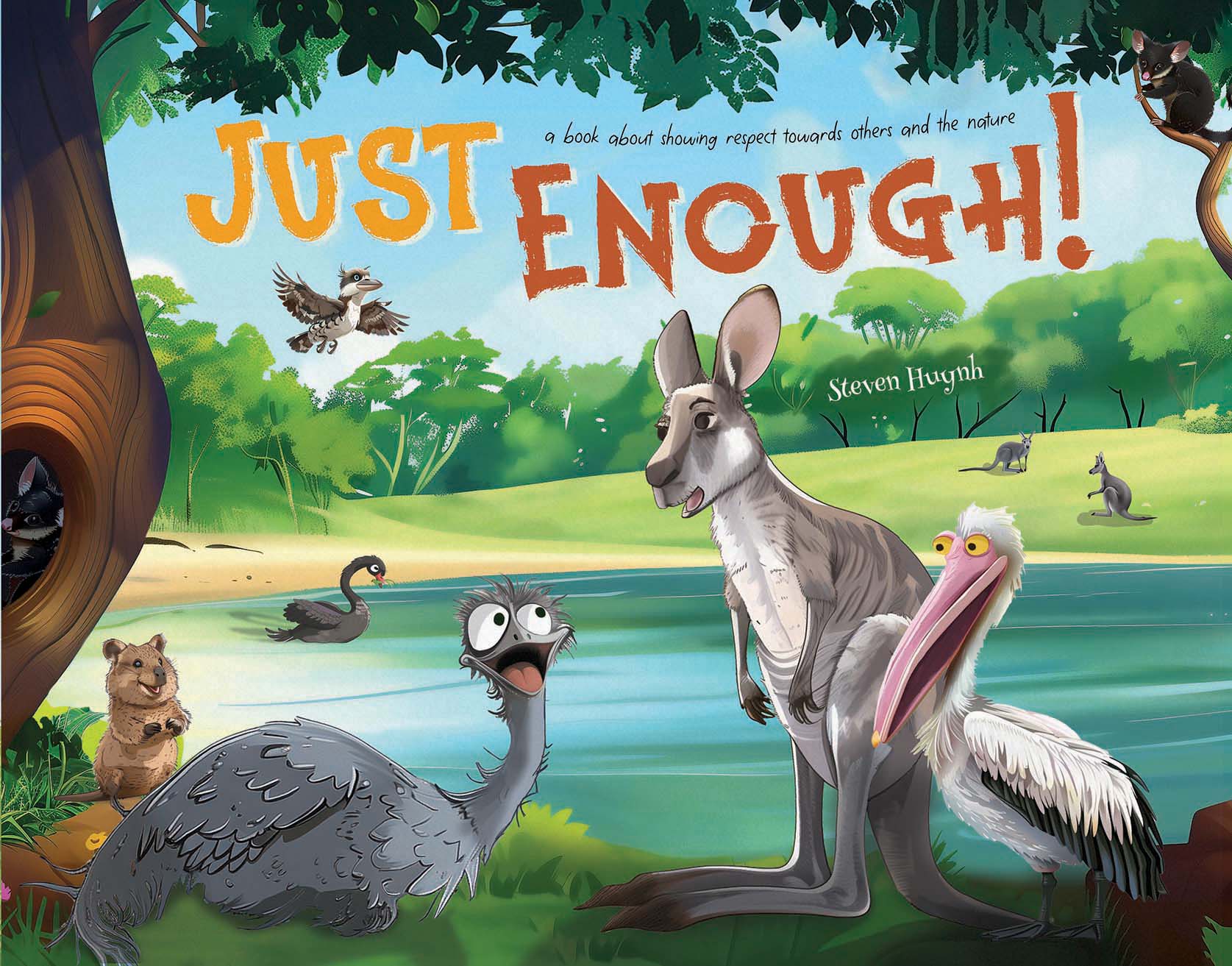
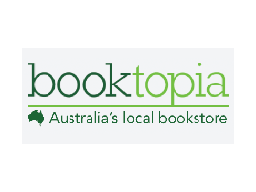
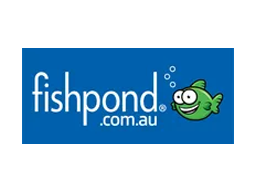
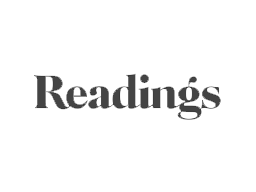
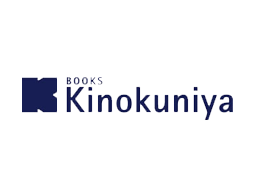
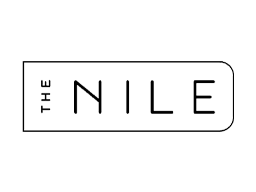
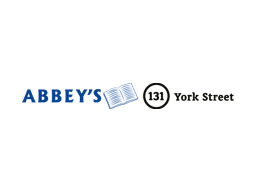
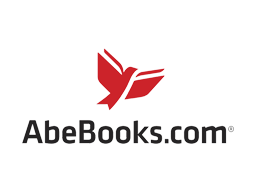



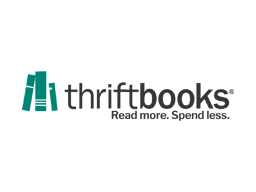


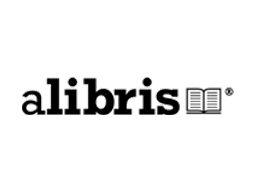
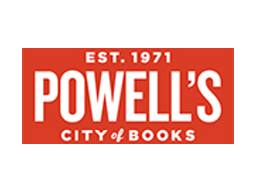



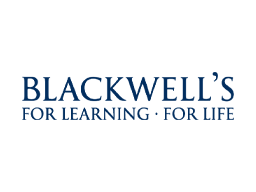
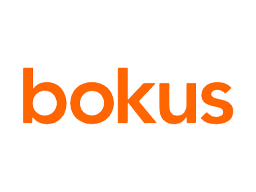

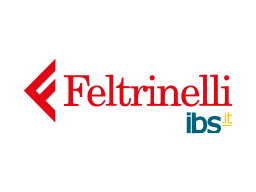
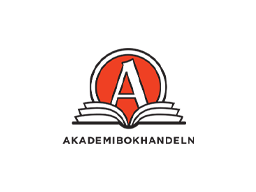
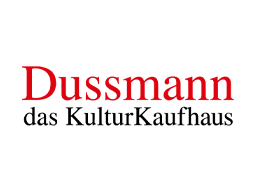
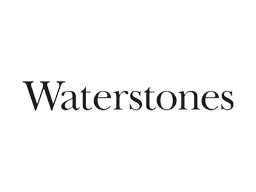

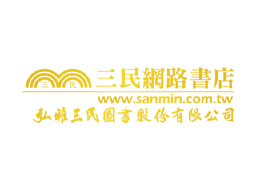
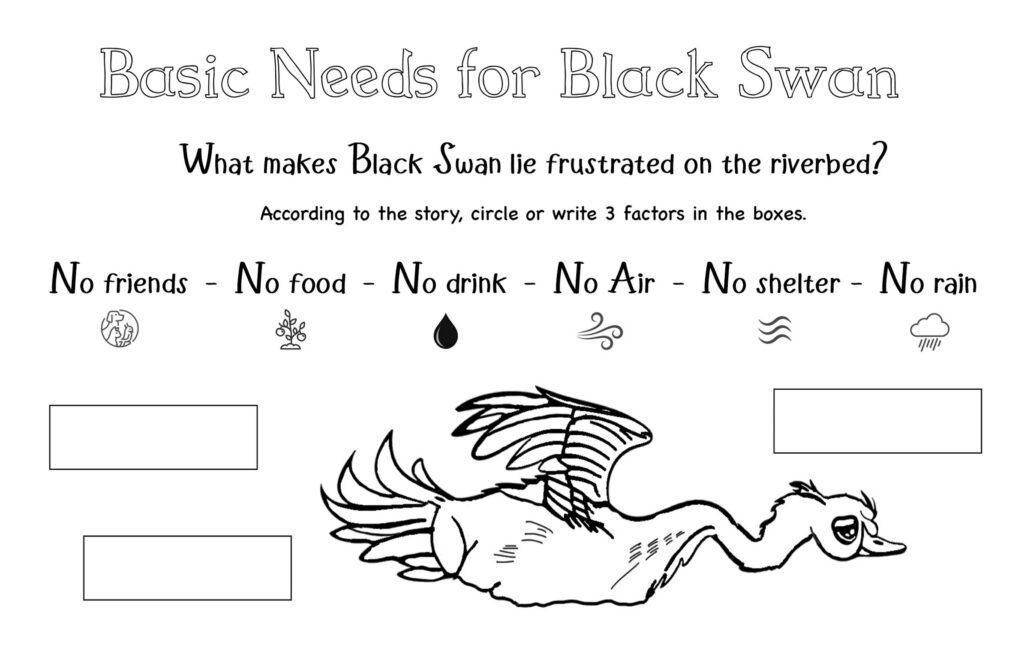
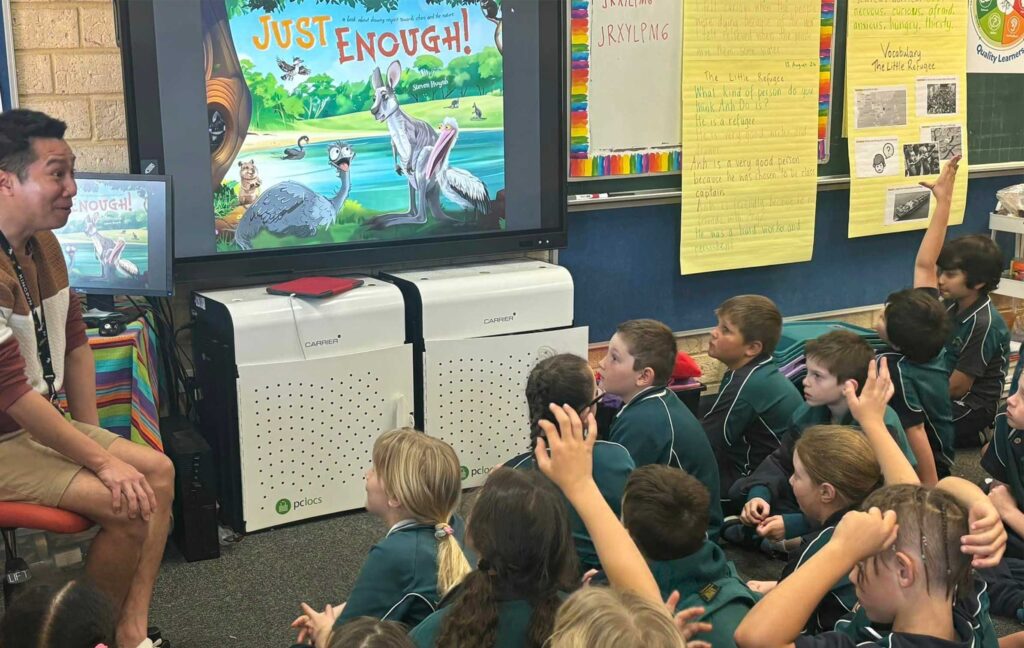
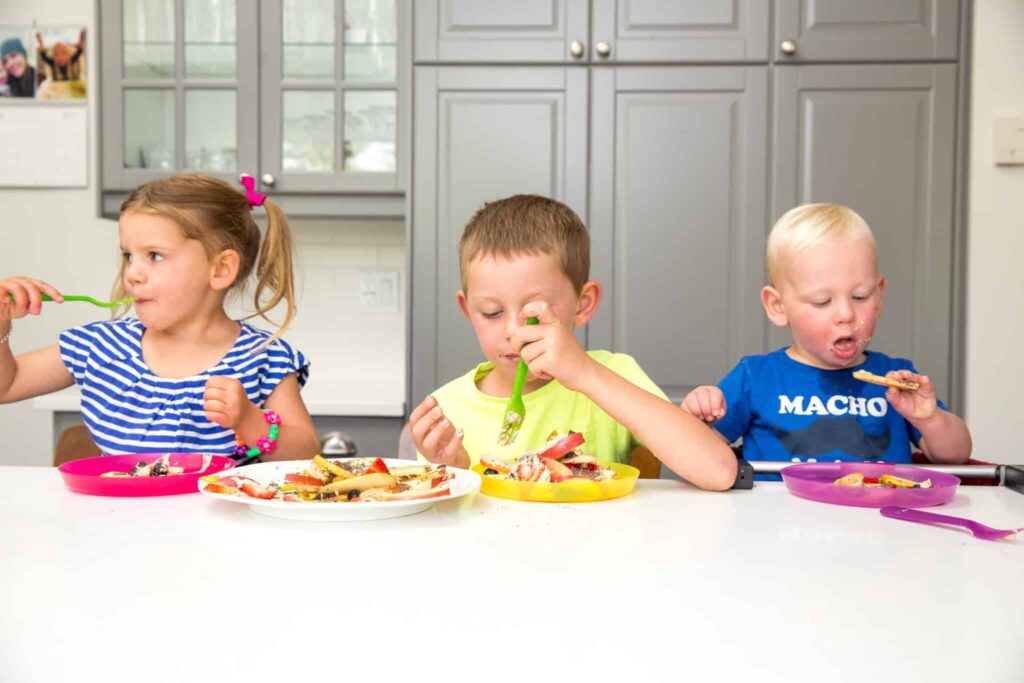
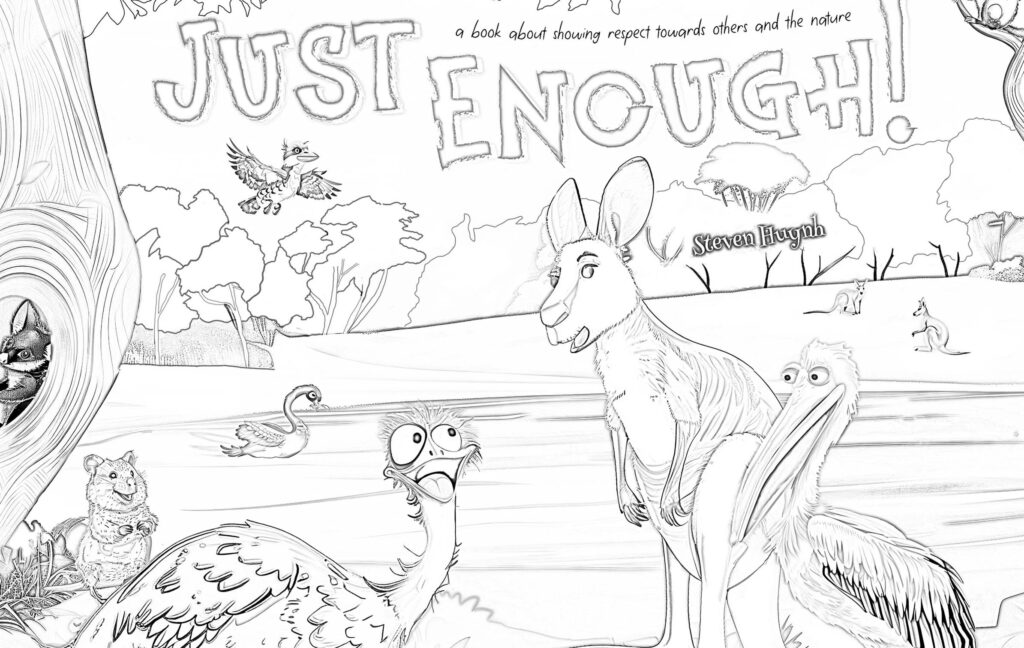
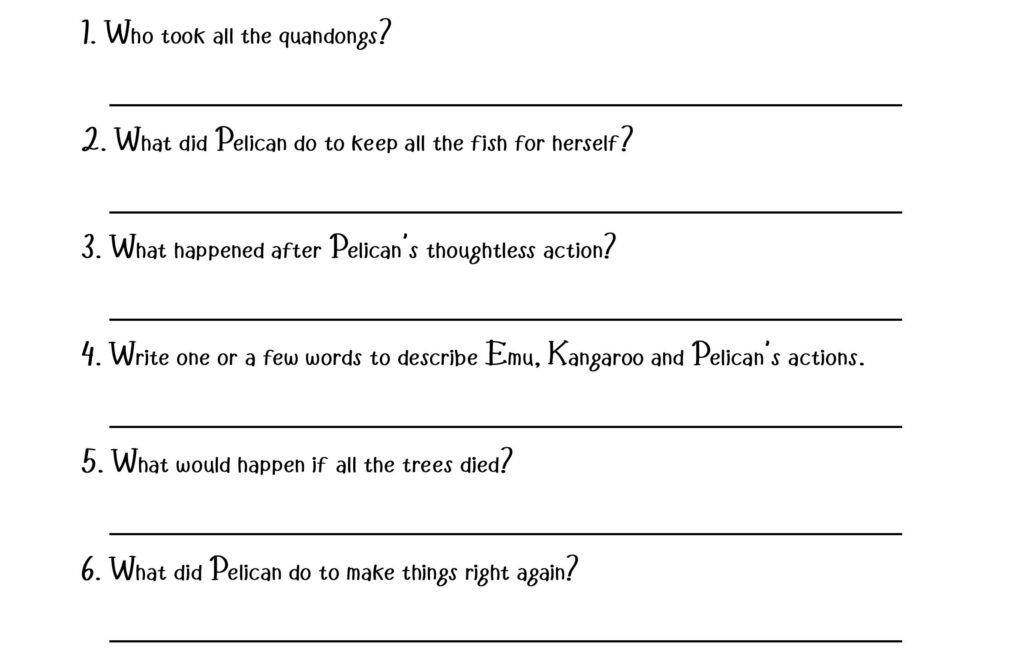
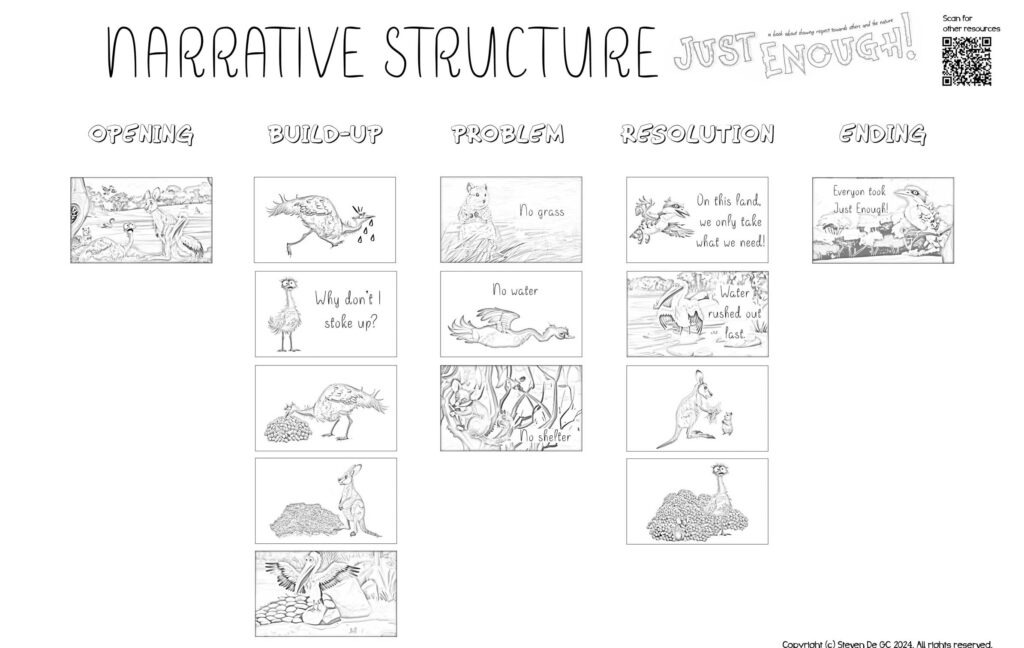
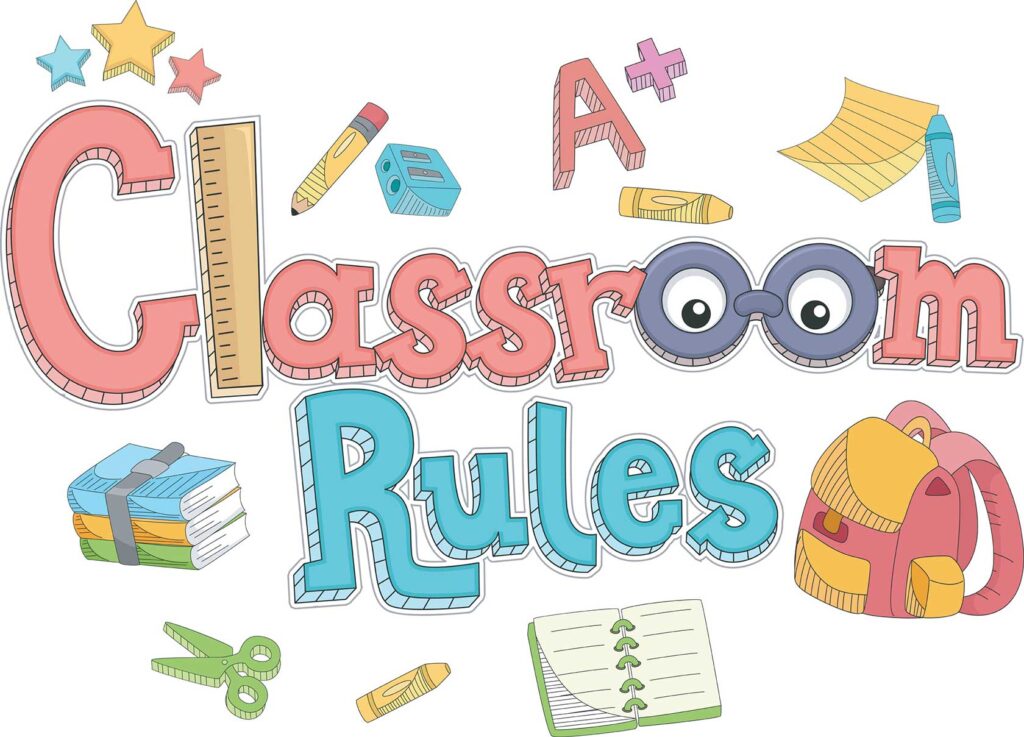
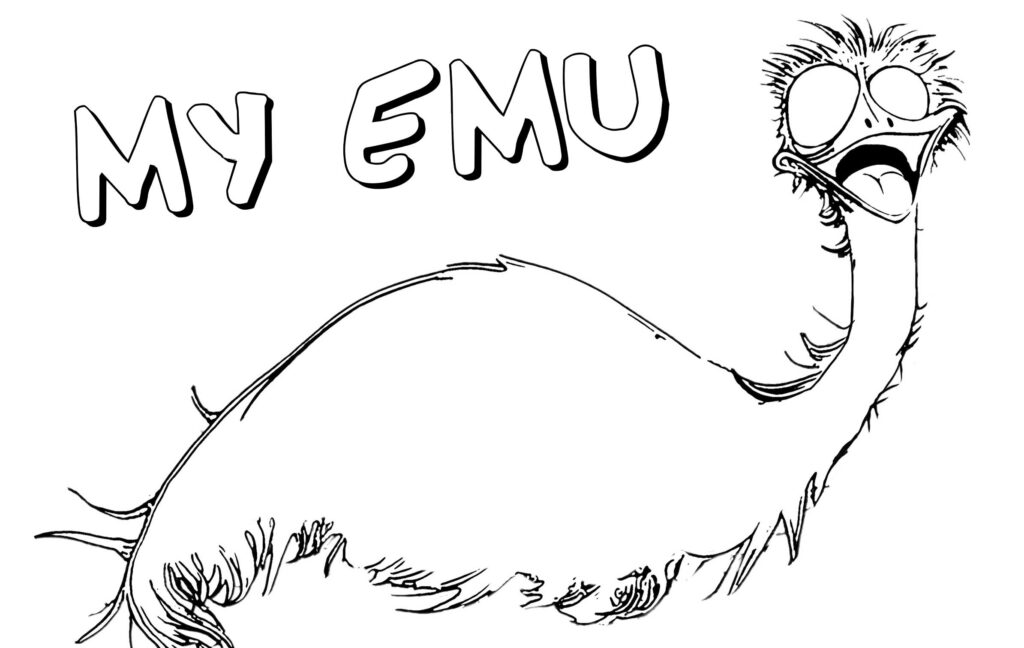
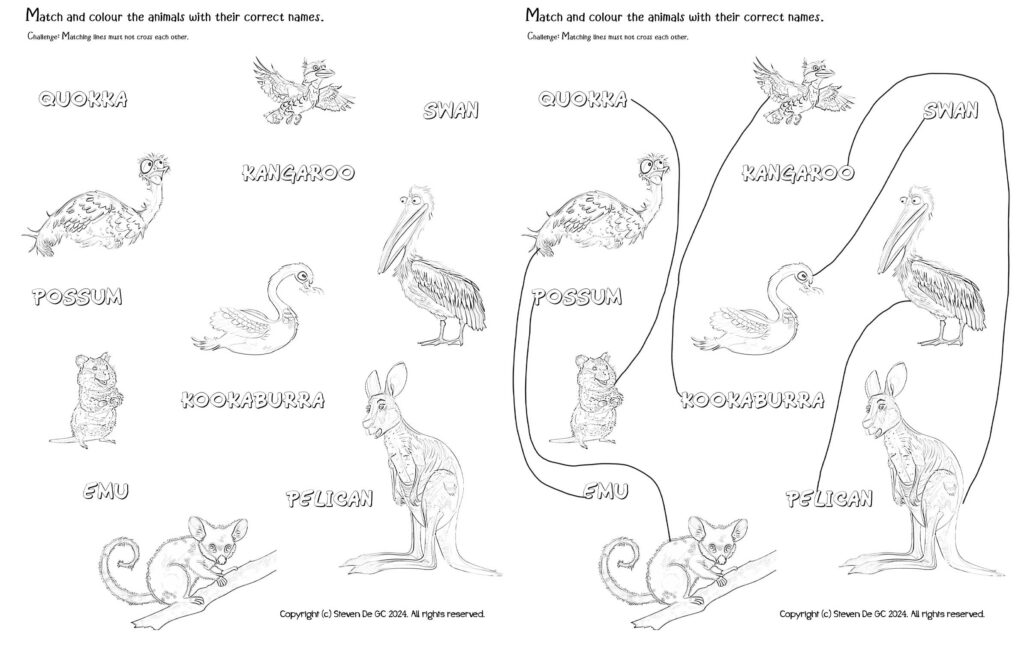
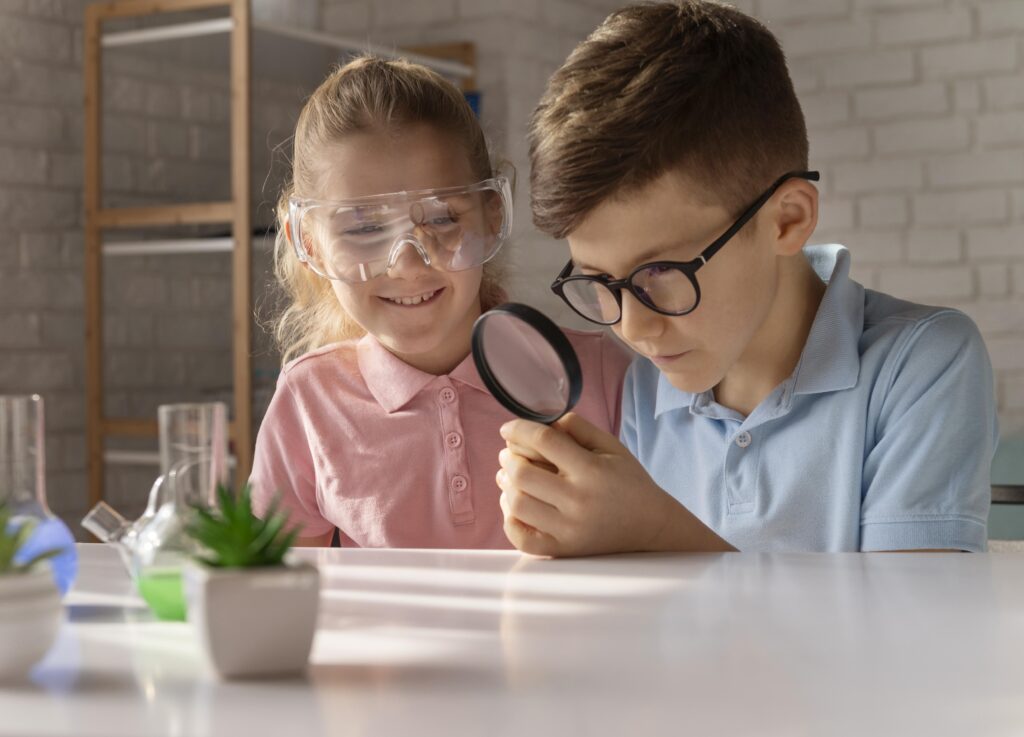



Leave a Reply